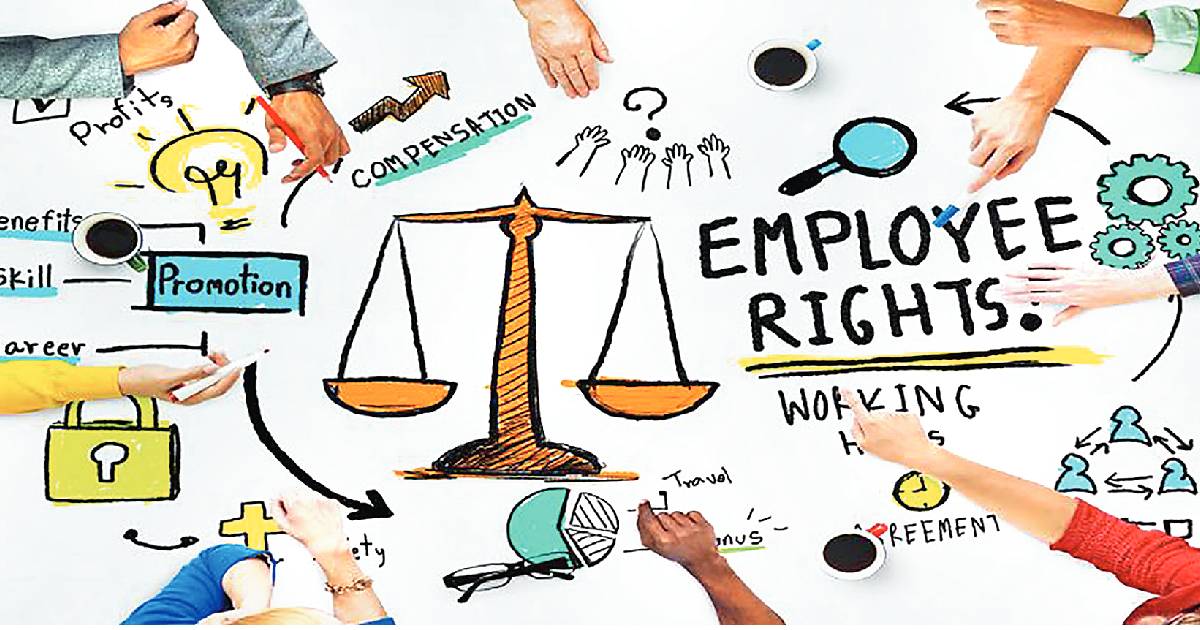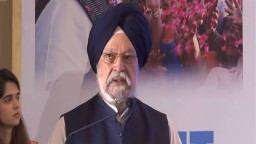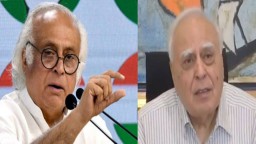Latest News
Industrial Relations and Disputes: Current Indian Scenario

Industrial Relation (IR) is a dynamic process encompassing a relationship between the employers and employees and examines an outcome of complex set of transactions among the major players such as the employers, the employees, the trade union, and the state in a given socio-economic context. The good industrial relations ensure uninterrupted production and smooth running of the organization. The factors with deep impact on IR are:-Individual Behaviour, Organizational Structure, Psychological Factors, Leadership Style, Economic and Technical Environment and Legal and Political Environment of the country.
Industrial relations in our country have been cordial both during ancient and medieval periods. Employers and workers enjoyed good mutual respect and there was a peaceful coexistence between the two. The situation deteriorated during British rule where the relations between management and the workers were strained and the central govt was then forced to pass the first industrial relation act, employers and workmen (Disputes) act of 1860. Even today despite number of trade unions the working and living conditions and wages of workers have not improved to the desired levels.
IR during post Independence era was marked by number of Acts for industry like Indian Trade Unions (Amendment) Act, 1947, Industrial Employment (Standing Orders) Act 1946 and Industrial Disputes Act, 1947. State intervention in the IR was owing to unequal distribution of power in the labour market, neutrality of the state, incompatibility of free collective bargaining institution with economic planning etc. The political and economic forces in the mid 1960s aggravated industrial conflict and rendered nonformal system ineffective. In the process of reviewing the system, National Commission on Labour (NCL) was appointed in 1966. Particularly since 1991, which marked the inauguration of liberalization process, IR in India is marked by new challenges like emergence of a new breed of employees (popularly termed as knowledge workers), failure of trade union leadership, economic impact, and employers’ insufficient response.
INDUSTRIAL DISPUTES
An industrial dispute is defined as a conflict or a difference in opinion between management and workers regarding employment. The major causes of industrial disputes are ones related to wages, union rivalry, political interference, unfair labour practices, multiplicity of labour laws and economic slowdown. The prominent industrial disputes witnessed in our country so far are:- Honda Motorcycle and Scooters India (2005) on issue of differentiation of wages causing injury to hundreds of workers and revenue loss of 400 Crores to company, Indian unit of Graziano Trasmissioni (2008), MD cum CEO Lalit Kishore Chaudhary killed, Pricol (2009), VP (Human Resources), Roy J George died and four staff members injured, Violence and Stoppage of work at Mangla Processing Terminal (MPT) of Cairn Energy Barmer (2009), where the conflict among worker and contractor from different castes led to the burning vehicles and roughing up police by a mob but no harm to company assets owing good rapport of security head with local population . Maruti Suzuki (2012) burning of admin block and death of GM (Human Resource) and Toyota’s twin plants Bangalore (2014) remained shut for 36 days. However since 2014 there has been no alarming industrial violence or dispute in India.
CURRENT SCENARIO
Sweeping labour reforms unleashed by the Narendra Modi government may be yet to take effect due to dithering by many state governments and the Covid-19 pandemic, but strikes and lockouts have declined in last five years by almost one third as compared to preceding years. The four labour codes, which were passed by Parliament in 2019 and 2020, are likely to be implemented soon, with only a handful of states left to draft their own rules under the codes.
The Industrial Relations Code Bill, 2020 formulated according to the recommendations of the Second National Commission on Labour proposed for amalgamating, simplifying and rationalising the relevant provisions of three industry related Acts. It aims to “minimize the friction between the employers and workers; provide provisions investigation and settlement of industrial disputes and achieve industrial peace and harmony as the ultimate pursuit in resolving industrial disputes”. Industrial Relations Code amends the definition of “strike” to “mass casual leave” and lays down minimum to maximum mandatory notice for strike. The 2020 Bill on Industrial Relations provides the government with the power to exempt any new industrial establishment or class of establishment from any or all of its provisions if it is in public interest.
WAY AHEAD
Adoption of Unitary, Pluralistic and Marxist approaches for IR but need to consider Gandhian and Human Resource (HR) approaches being modern and more acceptable term for personnel or industrial relations management. Joint Consultations, Standing Orders and Code of Discipline must be clearly defined to prevent of industrial disputes. Strengthen collective bargaining, Mediation, Conciliation, Arbitration, Filling up gaps in legislations of centre and states. Notify date for the 2020 Bill on Industrial Relations and common code to come into force.
Encourage and ensure workers participation in management and implement fair labour practices. Strengthen tripartite bodies like Indian Labour Conference, Standing Labour Committee, and Committee on Conventions and Industrial Committees. Adopt best employee-relation practices like open dialogue, fair rewards, work-life balance, safe workplace and role to employees in decision making.
THE VIEWS EXPRESSED BY THE AUTHOR ARE PERSONAL
COL RAJESH BHUKAR The author is a has been Head Security Rajasthan Operations of Cairn Energy and DGM HR in Jindal Saw Ltd
[email protected]

.png)
.png)
.png)
.png)
.png)











.png)


.png)
